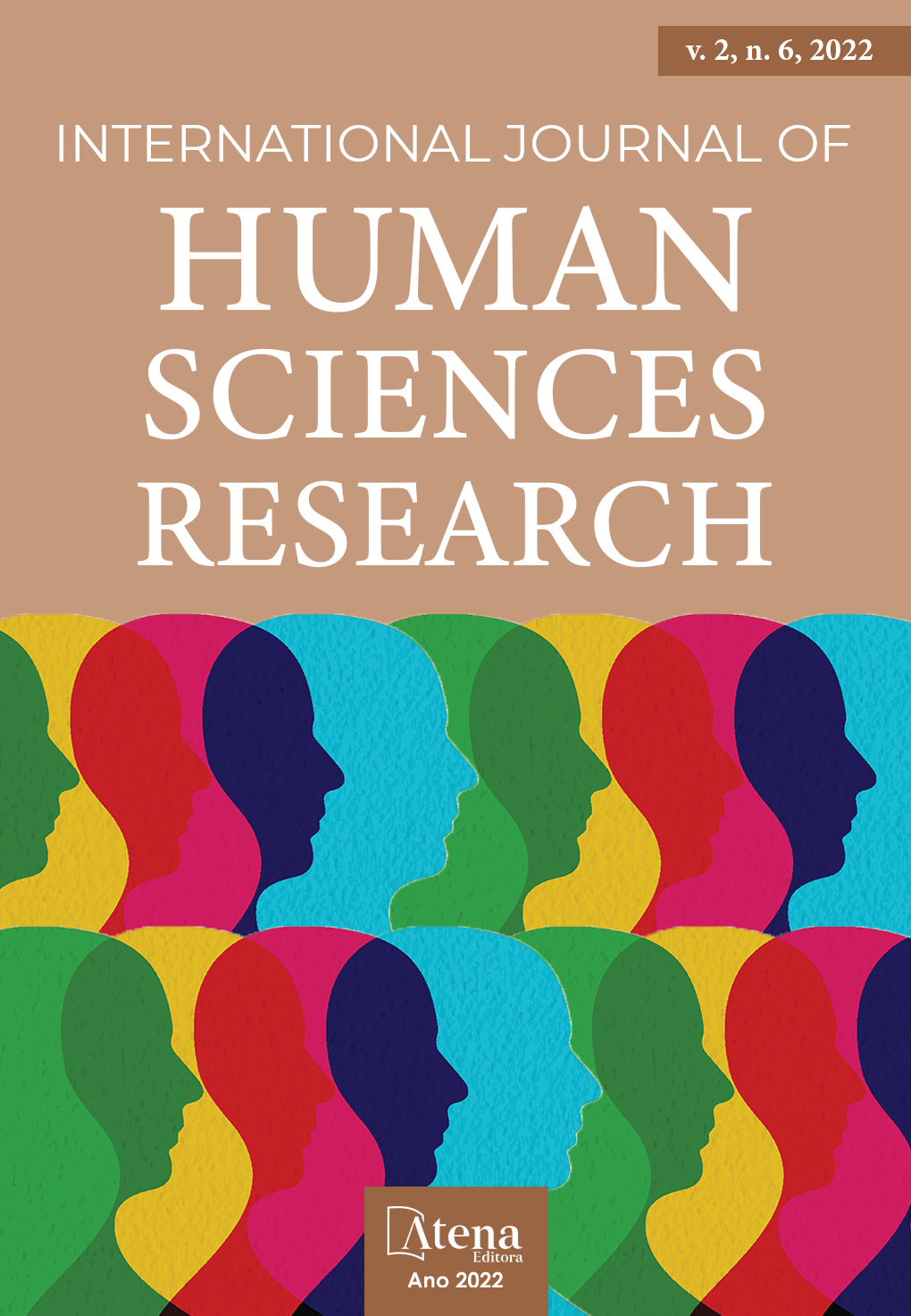
POVERTY AND SOCIAL INEQUALITY: WHAT CHILDREN THINK
With the objective of analyzing and identifying the representations of poverty and socioeconomic inequality, this article presents the results of an investigation with children from the 4th and 5th years of elementary school in a municipality of Goiás. 101 children participated. Individual interviews were used and the levels proposed by Denegri et al (1998) were used to analyze the results, which indicate the participants' economic thinking. students associated wealth with happiness, well-being and health. Only 5% of students have a more elaborate understanding of poverty and social inequality. 95% have an intuitive understanding, the poor are seen as sad, unhappy, failed and the rich are happy, fulfilled, beautiful and successful. Social mobility is seen as a meritocracy, those who work and make a lot of effort will get rich, they do not establish a relationship between power and exploitation. No relevant differences were found regarding gender, age or school year attended.
POVERTY AND SOCIAL INEQUALITY: WHAT CHILDREN THINK
-
DOI: 10.22533/at.ed.558262210035
-
Palavras-chave: Inequality, poverty, students, early years.
-
Keywords: Inequality, poverty, students, early years.
-
Abstract:
With the objective of analyzing and identifying the representations of poverty and socioeconomic inequality, this article presents the results of an investigation with children from the 4th and 5th years of elementary school in a municipality of Goiás. 101 children participated. Individual interviews were used and the levels proposed by Denegri et al (1998) were used to analyze the results, which indicate the participants' economic thinking. students associated wealth with happiness, well-being and health. Only 5% of students have a more elaborate understanding of poverty and social inequality. 95% have an intuitive understanding, the poor are seen as sad, unhappy, failed and the rich are happy, fulfilled, beautiful and successful. Social mobility is seen as a meritocracy, those who work and make a lot of effort will get rich, they do not establish a relationship between power and exploitation. No relevant differences were found regarding gender, age or school year attended.
-
Número de páginas: 10
- Dayse de Souza Costa
- Sônia Bessa da Costa Nicacio Silva


